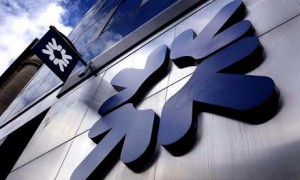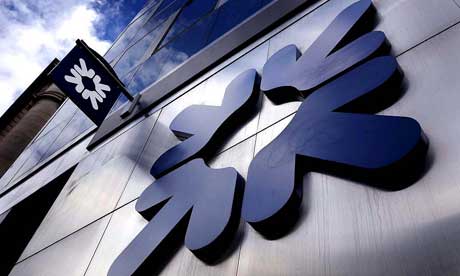 More bad news for Royal Bank of Scotland. The bank, which has been in and out of the headlines for the past five years over its controversial conduct and government bailout during the financial crisis, has agreed to make a $150 payment to settle US charges that it deliberately misled clients based in the United States during 2007.
More bad news for Royal Bank of Scotland. The bank, which has been in and out of the headlines for the past five years over its controversial conduct and government bailout during the financial crisis, has agreed to make a $150 payment to settle US charges that it deliberately misled clients based in the United States during 2007.
The Securities and Exchange Commission (SEC) claims that one of RBS’s subsidiary companies – known at the time as Greenwich Capital Markets – used illegal tactics in order to mislead investors purchasing a $2.2 billion security. The company allegedly lied about the loans meeting underwriting guidelines, when 30 per cent of the loans in the security actually failed to comply with standards.
Despite paying the fine, the bank avoided admitting wrongdoing in the case and will continue to operate under taxpayer ownership. Analysts believe that the fine is one of several recent developments that will cause complaints from UK taxpayers, who currently own over 81 per cent of the troubled financial services company.
Other concerns include the settlement the bank paid to US regulators over its level of involvement in the Libor interest rate scandal. Of the £390 million paid in fines, over £300 million was paid out to US, rather than UK-based, regulators. The SEC is adamant that the majority of the fine will be repaid to investors hurt by the bank.
The UK-owned bank has been pursued by several regulators for its involvement in fraudulent practices during the 2007-2008 financial crisis. In 2011, RBS was sued by the Federal Housing Finance Agency for its involvement in misleading investments aimed at Freddie Mac and Fannie Mae.
Analysts believe that the fine paid by RBS could be one of the last settlements from the financial crisis. JPMorgan Chase and other US-based banks have also paid large fines in recent months for activity dating back to 2007 and 2008.





